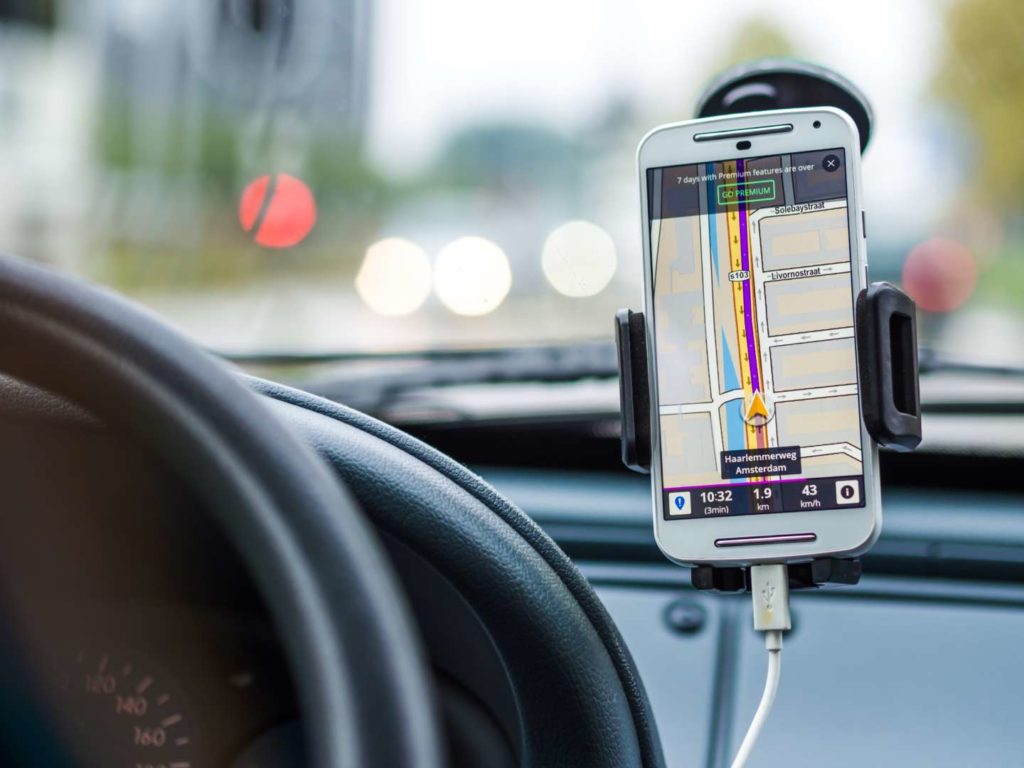
What is Hands-Free Driving?
What does this mean for you? An Act Requiring the Hands-Free Use of Mobile Telephones While Driving, as the law is called, mandates the following:
- Using mobile phones or other electronic devices is prohibited unless the device is used in “hands-free” mode. You may not touch the device while driving, unless it’s a single tap or swipe gesture to activate the hands-free mode feature, such as with Bluetooth.
- Looking at texts or visuals on the device is prohibited while driving, with the exception of a navigation map on a device that is mounted on or attached to the dashboard, windshield or center console, and that does not interfere with the car’s operation.
- Using handheld devices while stopped at a light or stop sign in a public way is prohibited. If you want to use your device while in your car, you must be pulled over to the side of the road or in a parking lot.
- Emergency exceptions allow the use of a device if your vehicle is disabled; medical assistance is necessary; emergency personnel such as police officers or firefighters are required for the safety of the vehicle’s occupants, or to ensure public safety; or if a disabled vehicle is blocking the roadway.
- On-duty first responders such as paramedics are exempt from the law.
If You Get Caught
Let’s look at the penalties for breaking the law:
- $100 fine for a first offense
- $250 fine for a second offense
- $500 fine for a third or subsequent offenses
The law allows a grace period until March 31, 2020, for first-time offenders. Keep in mind that a third or subsequent offense is considered “surchargeable,” which may impact your car insurance premiums for up to six years. Following a second or subsequent offense, drivers will be required to attend an educational program focused on distracted driving.
These penalties, however steep, pale in comparison to causing injury or worse to another driver due to cell phone distractions. For all of these reasons, we recommend following the law. If you have questions about this law or about auto insurance, please contact us today. We’ll help you protect what matters most.
